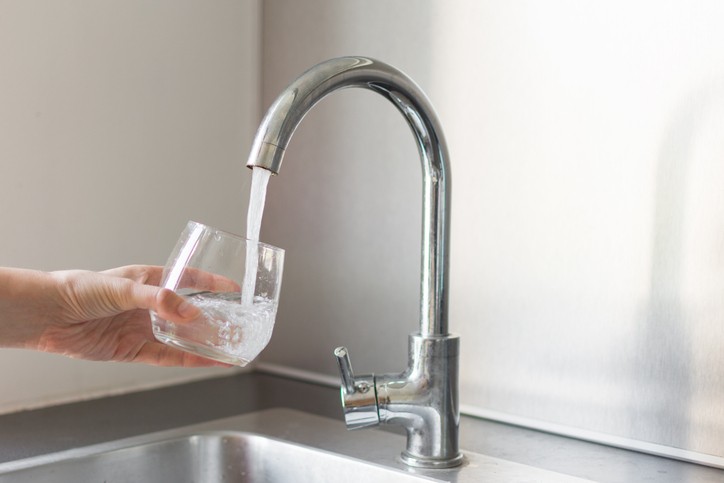Clean water is something most homeowners take for granted—until problems surface. In the Charlotte area, our municipal water system works hard to meet all federal and state drinking water regulations. But is “meeting EPA standards” the same as safe? The truth is more complicated, and it’s something every Charlotte-area homeowner should understand.
Water Quality Reports: What They Say—and Don’t Say
Every year, Charlotte Water (our local utility) releases a Consumer Confidence Report (CCR) that outlines the levels of various contaminants in the public water supply. These annual reports are required by the EPA and provide transparency into what’s in our drinking water.
According to the most recent reports, Charlotte Water meets or exceeds all current federal standards. But here’s the catch: “safe” according to the EPA may still include detectable—and potentially harmful—amounts of contaminants.
Allowable Doesn’t Always Mean Safe
EPA standards allow for certain levels of contaminants in tap water. These include things like:
- Lead
- Chlorine & Disinfection Byproducts (like trihalomethanes)
- Nitrates & Pesticides
- Arsenic
These contaminants are only regulated to specific thresholds, but research has shown that even low-level, long-term exposure may be linked to health concerns, particularly for children, pregnant women, and immunocompromised individuals.
The PFAS Problem: What You Should Know
One major concern that’s still unfolding is the presence of PFAS, or “forever chemicals”. These man-made substances have been used in everything from nonstick cookware to firefighting foam, and they’re turning up in water supplies across the country—including North Carolina.
The EPA has recently issued new, much lower health advisory levels for PFAS, but enforcement is still in progress. Municipalities, including Charlotte Water, have until 2029 to implement advanced filtration systems to meet these new guidelines.
So while your water may be legal, it may not yet be up to future health standards. That’s a critical difference.
Unregulated Contaminants: A Hidden Risk
Another layer of concern? Unregulated contaminants. These are substances that haven’t yet been officially recognized or limited by the EPA—but may still pose risks. They might include:
- Industrial solvents
- Pharmaceutical residues
- Emerging chemicals
- Microplastics
Because these substances are not monitored in most water reports, homeowners may be unaware of their presence.
Aging Infrastructure and Distribution System Concerns
Even if water leaves the treatment plant clean, it has a long journey through miles of pipes, pumps, valves, and reservoirs—some of which are decades old. Along the way, it can pick up contaminants due to:
- Pipe corrosion
- Line breaks or leaks
- Backflow and intrusion events
- Biofilm buildup in older plumbing
These issues are especially common in older neighborhoods and during seasonal changes, water main replacements, or low-pressure events.
What Can Charlotte-Area Homeowners Do?
If you’re concerned about what might be in your water, a whole house water filtration system or reverse osmosis system can provide peace of mind. These systems are designed to:
- Remove or reduce PFAS, lead, chlorine, VOCs, and more
- Filter out sediment and rust from aging pipes
- Improve taste, smell, and clarity
- Provide cleaner water for drinking, bathing, and laundry
You can also request a comprehensive water test tailored to your specific home and plumbing to understand exactly what’s coming through your tap—not just what’s at the plant.
Final Thoughts
Charlotte’s water may pass the test on paper, but that doesn’t mean it’s free from concern. With evolving regulations, emerging contaminants, and an aging distribution system, now is the time to take control of your home’s water quality. Locally owned and headquartered in Charlotte, Artisanal Water Solutions custom built water filtration systems are purpose built to remove the contaminants found in the Charlotte and Lake Norman area.
If you’re interested in clean water in your home – schedule a free, no-obligation in-home water analysis with an Artisanal Water local expert.
Call (704) 315-6344 or fill out our contact form.
